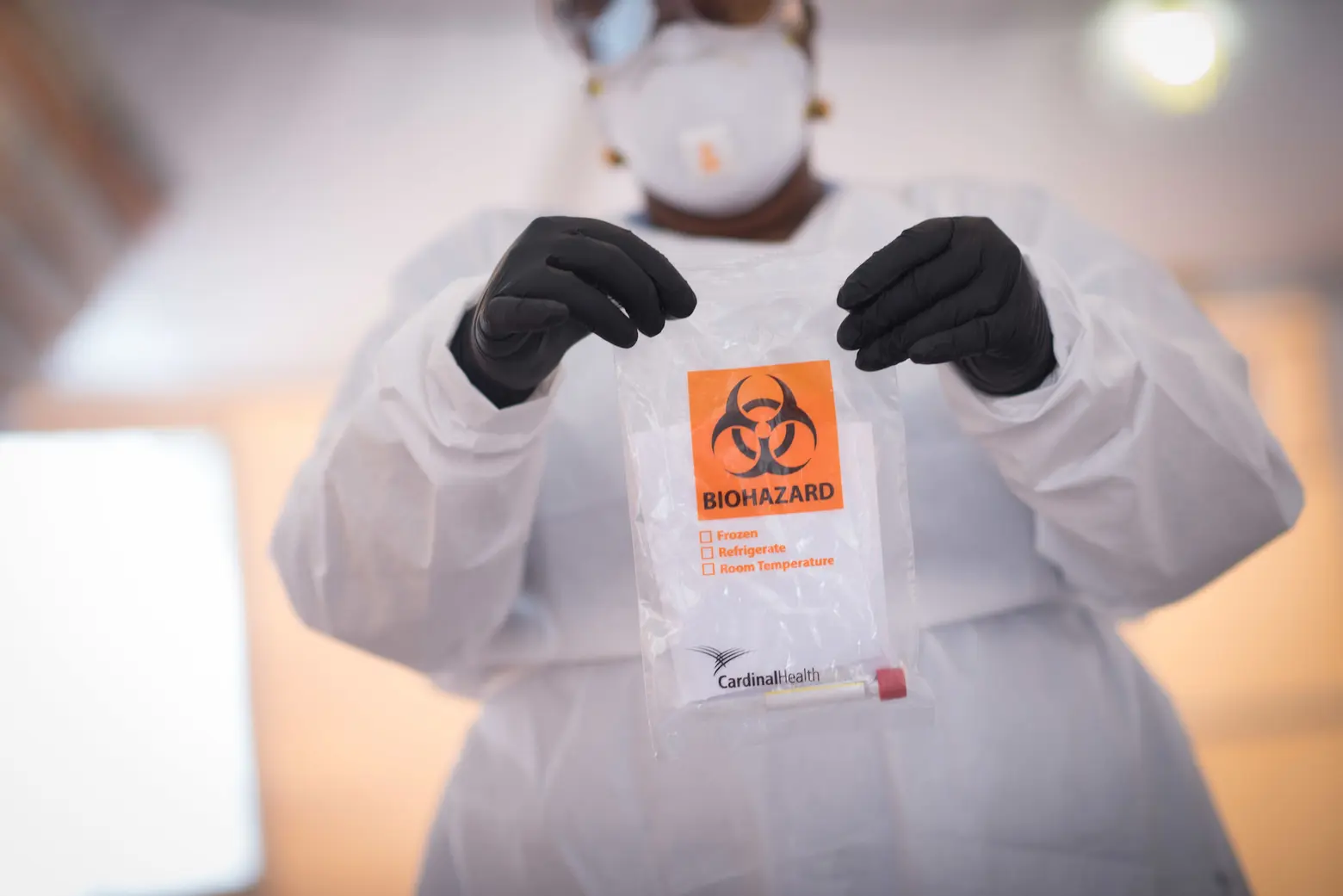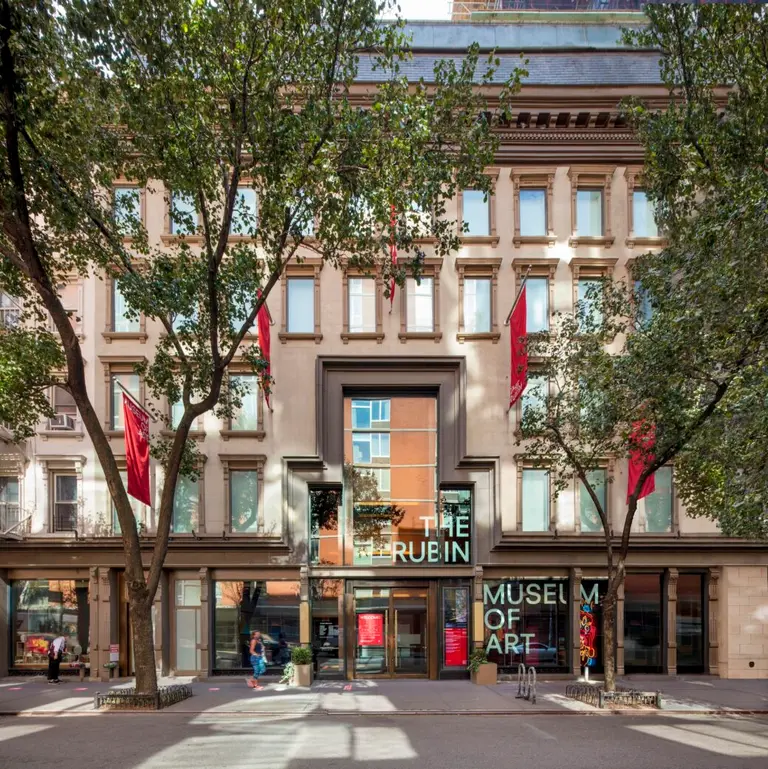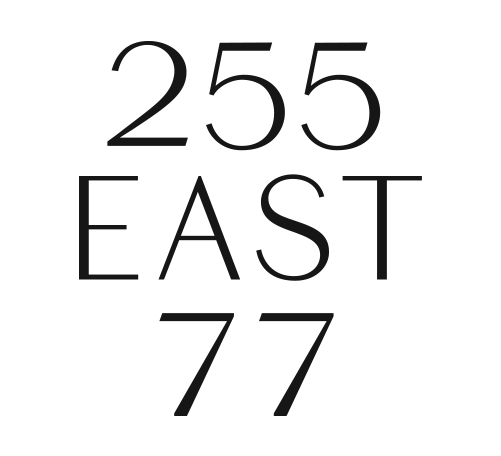New data estimates 6.2% of NYC COVID cases are the UK variant

COVID-19 testing site sat the Highbridge Recreation Center in Manhattan on Tuesday, May 19, 2020. Michael Appleton/Mayoral Photography Office via Flickr
A report released on Monday by the NYC Department of Health shows that 6.2 percent of new COVID cases in NYC are the B.1.1.7 variant (more commonly known as the UK variant), an increase from 2.7 percent in January. The estimate is based on 45 identified variant cases of the 724 specimens sequenced the week of February 8-14. The week prior, it was actually 7.4 percent. On their website which has been updated to include data on variant cases, the NYC DOH says that the UK strain is “more transmissible than other variants and may cause more severe illness.”
According to a press release from Governor Cuomo’s office yesterday, there have been a total of 154 known cases of the UK variant identified in New York state and two known cases of the South African strain (B.1.351), both of which were found in Nassau County on Sunday and Tuesday.
New York state has the fourth-highest number of identified UK variants, according to CDC data updated yesterday. Florida has the most at 489, followed by 210 in Michigan, and 204 in California. Nationwide, there have been 1,881 reported cases. (The CDC lists 136 cases for New York; the discrepancy likely lies in the lag time in reporting.) As for the South African variant, 46 cases have been reported in 14 states. There is also the P.1 variant that emerged in Brazil; 5 cases have been reported in four states. Though it’s not currently being tracked by the CDC, there is an emerging variant in California, known as B.1.427/B.1.429, that is also causing concern.
When it comes to these variant numbers, though, it’s important to remember that the figures are based on sample sets, not on the total number of COVID tests performed. The CDC currently tracks variants by collecting samples from state health departments and other public health agencies for genomic sequencing, further characterization, and evaluation. As of January 25th, they began received 750 such samples a week. More significantly, they are sequencing 6,000 samples per week received from large commercial diagnostic labs.
The genomic sequencing being performed in New York City is conducted by the Pandemic Response Laboratory (PRL), a facility set up over the summer at the Alexandria Center for Life Science. They process approximately 20,000 tests per day, received from New York City Health and Hospitals facilities, including community Test & Trace Corps sites, as well as private providers. “Specimens are eligible for sequence analysis if they are from a New York City resident and meet specific virologic thresholds,” explains the DOH.
A study released in early February that looked specifically at the emergence and rapid transmission of the UK variant in the U.S. reported that it was doubling about every 10 days, an increased transmission rate of 35-45 percent. As the New York Times explained, the report confirmed a CDC prediction that the B.1.1.7 variant could become the dominant strain in the country if continues to behave the way it did in the UK.
Despite the threat of new virus variants, the overall numbers in New York state have been on a positive trend. On Sunday, the positivity rate was 2.99 percent, the first time it had dropped below 3 percent since November 23rd and a sharp decrease from the 8.4 percent on January 5th.
RELATED:




























